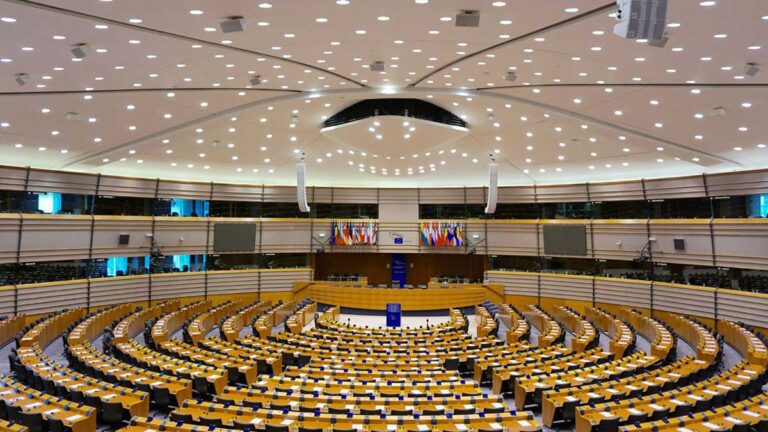denkstatt Group
The denkstatt Group consists of two brands and offices located in 5 European countries:
- denkstatt: Austria, Bulgaria, Hungary, Romania, Slovakia
- denkstatt&enertec: Austria
A look into the past
We have grown into a leading sustainability consulting firm in Europe, but just like every other company, we started small – evolving and developing over time. Have a look at how we became the international denkstatt Group we are today!
5 friends working in a very small office
10 environmental professionals in total
denkstatt has grown to include 40 sustainability experts in 4 countries
becoming part of a global network of sustainability consultancies
denkstatt expands into the 5th country and broadens its expertise in energy topics
denkstatt gains new professionals and (hence) grows to a total of 125 experts across 6 countries
with Soil & More Impacts joining the denkstatt Group, 15 new team members with expertise in sustainable agriculture are gained, and a new office in Berlin is opened
Corporate policy
We want to set a good example and follow the principles we recommend to our clients ourselves.
We pursue the certification of our offices, compliance with legal requirements and international standards. And of course we are also eager to keep our emissions as low as possible and set corporate climate targets.
The denkstatt Group has sites with quality and environmental management certificates in Austria, Bulgaria, Romania and Hungary such as ISO 14001 and ISO 9001. Furthermore, we are ambitious to improve our services and processes continuously and guarantee that our actions are a contribution to sustainability as well as being in the interests of our clients. In detail, the following aspects are our guiding principles:
-
We are always up to date with the current legal situation and regulatory requirements.
-
We document our own environmental impacts (e.g. mobility) and strive to keep them as low as possible.
-
For us, challenges and obstacles are opportunities for learning, innovation and improvement. We encourage every employee to face these challenges and promote their personal development.
-
High qualifications and the continuous training of our employees is crucial for further development and success.
-
We are striving to maintain a good information flow and an optimized relationship between project quality, use of resources and time requirements.
-
We see it as a task and a challenge to frequently evaluate our methods and processes in order to continuously increase the quality and competitiveness of our services.
SBTi target
denkstatt’s contribution to climate action
Since 1993 the denkstatt Group has been advising companies on environmental and sustainability issues. Combining entrepreneurial thinking with ecological and social science expertise is our core area. In this way, the promotion of the topics as well as the sensitization of our employees is at center stage.
As a consulting firm for social, ecological and economic sustainability, we take on a guiding role for our clients and would like to act as a pioneer with our own climate protection commitment. As a result of our social responsibility and driven by our intrinsic motivation, we have set ourselves a scientifically based climate target that corresponds to a reduction path to limit global warming to 1.5°C. Our climate target was developed using the criteria of and validated by the Science Based Target initiative (SBTi).
We have committed to reducing our absolute operational emissions (Scope 1+2) by 50% by 2030, compared to our 2018 base year. In addition, we have determined to measure and reduce our Scope 3 (in our case, for example, from business travel or employee commute to work) emissions.
It corresponds with our philosophy and understanding of honest climate protection that we strive to reduce our emissions as comprehensively as possible – and not rely on offsetting using carbon credits, as we do not see this as a priority to reach our global climate targets.
We are continuously working on and improving our internal climate strategy, which is strongly influenced by our science-based target. Throughout all our locations, our staff work on implementing measures to reduce energy consumption and minimize our climate footprint.
For the definition of our climate transition plan to reach our science-based target, we have adopted an integrative approach and involved representatives from all our offices across the denkstatt world. In this way, we can respond to national circumstances in the best possible way and at the same time keep the motivation of our colleagues high to engage in climate action.




